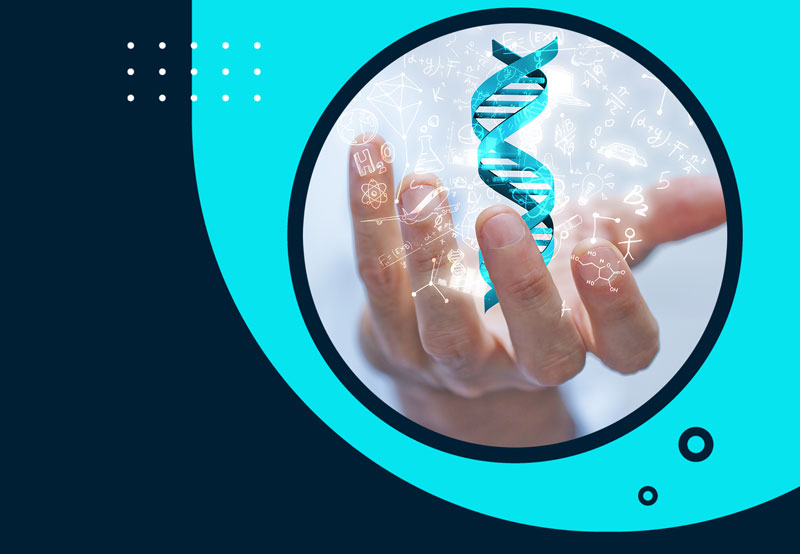How do I know if we need genetic testing?
Conditions that commonly are referred to genetics in a neurology setting include:
- Neurodevelopmental and neurological disorders such as Autism Spectrum Disorder, ADHD, intellectual disability, cerebral palsy, epilepsy/seizures, learning disorders, etc.
- Functional disorders – disorders that effect the way you function each day – such as migraine, chronic fatigue/pain, dysautonomia, cyclical vomiting syndrome, gastrointestinal disorders, Mast Cell Activation Syndrome (MCAS), Postural Orthostatic Tachycardia Syndrome (POTS), Pediatric Autoimmune Neuropsychiatric Disorders Associated with Streptococcal Infections (PANDAS)/ Pediatric Acute-Onset Neuropsychiatric Syndrome (PANS)/ Childhood Acute Neuropsychiatric Syndrome (CANS), and more.
- Neuropsychiatric disorders such as major depression and generalized anxiety.
- Individuals with complex symptoms and signs without a definitive diagnosis.
- Rare disorders
Family history of the same or similar symptoms is also indicative for genetic testing.
My genetic testing came back negative. Can I still meet with your geneticist?
Yes! In fact, our geneticist is known to look beyond the genetic testing reports, by reanalyzing the raw genomic data to determine a possible cause for symptoms.
There are tens of thousands of sequence variants in every person. Laboratories are constrained by interpreting and reporting abnormal genetic variants in the context of previously reported findings. Because our medical geneticist re-evaluates the raw genomic information in the context of an in-depth analysis of our clinical information, it is common for our medical geneticist to identify “treatable” genetic abnormalities that are not on the laboratory report.
What does it mean to provide a “Comprehensive Reanalysis” of the raw genetic sequencing data?
The NeurAbilities geneticist will look through the over 3.1 billion base pairs and 20,000+ genes in the Whole Genome/Exome Sequence (WGS/WES) while comparing it to your/your child’s clinical symptoms and findings to identify genetic diagnoses and provide information that can change clinical management.
In many cases, our medical geneticist can identify variants in the raw data that the lab did not report. There is a chance that such variants could cause or contribute to you/your child’s diagnosis.
What is the overall value of a Neurogenomics consultation?
Having access to the combined expertise of our medical geneticist and neurologist, working as a team, gives you unparalleled insight into your medical condition. Taking the extra step to reanalyze your genomic data is unique to our program, and can lead to changes in clinical management and treatment.
In some cases, a genetic diagnosis will end a long “diagnostic journey” and avoid many additional and unnecessary invasive and non-invasive diagnostic tests. In other cases, genetic information will inform clinicians about treatment options that would not otherwise have been considered.
What is the cost of genetic laboratory testing?
Genetic testing can be cost effective when compared to other forms of diagnostic testing. Genetic laboratories vary in pricing and test offerings.
As genetic sequencing technologies advance, costs have precipitously dropped. What was once in the tens of thousands of dollars 10 years ago, can now range from as low as hundreds to a couple thousand dollars. Additionally, genetic testing may be covered by your medical insurance.
Please call us at 856-346-0005 if you have questions or need more information.





